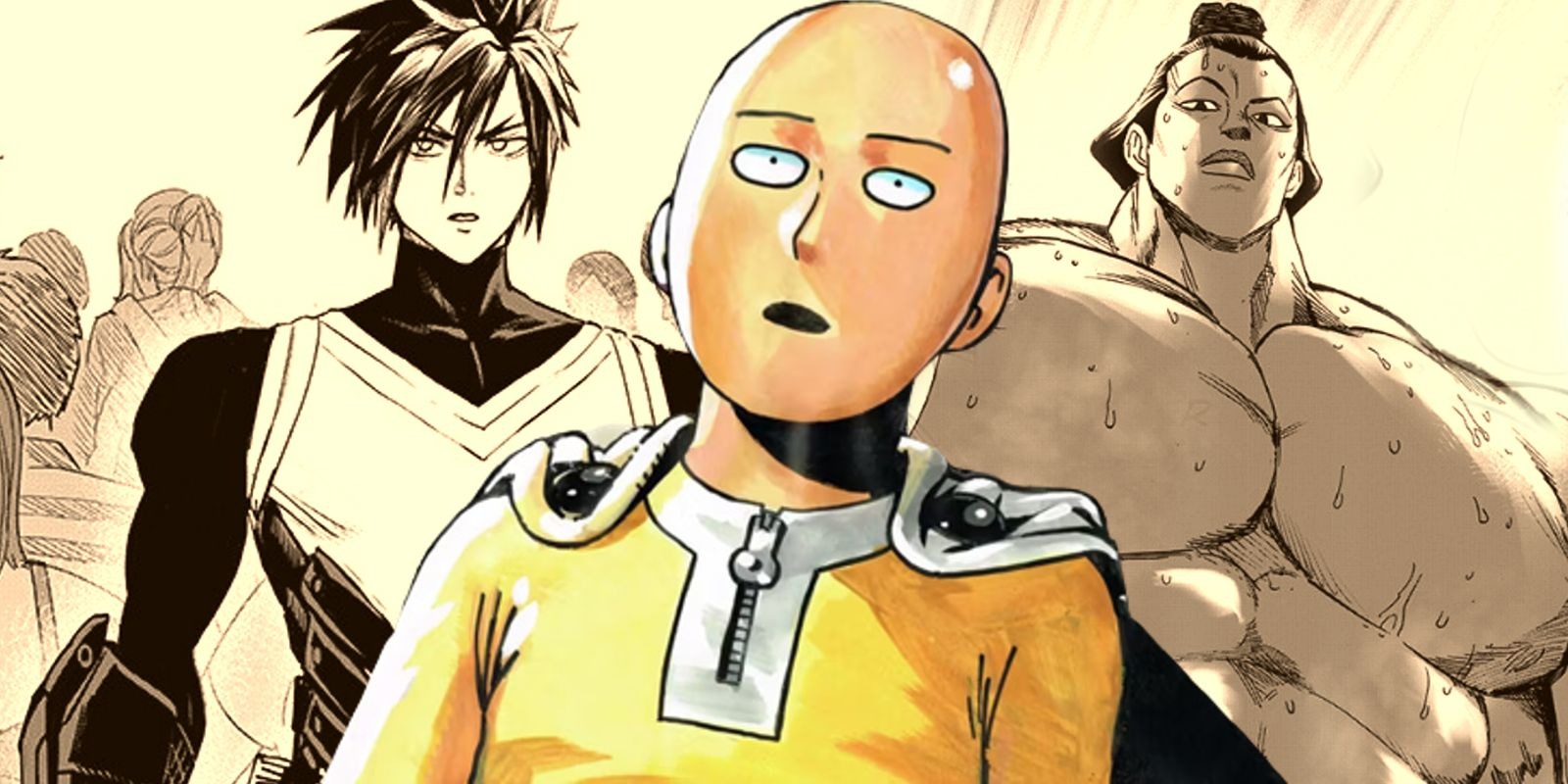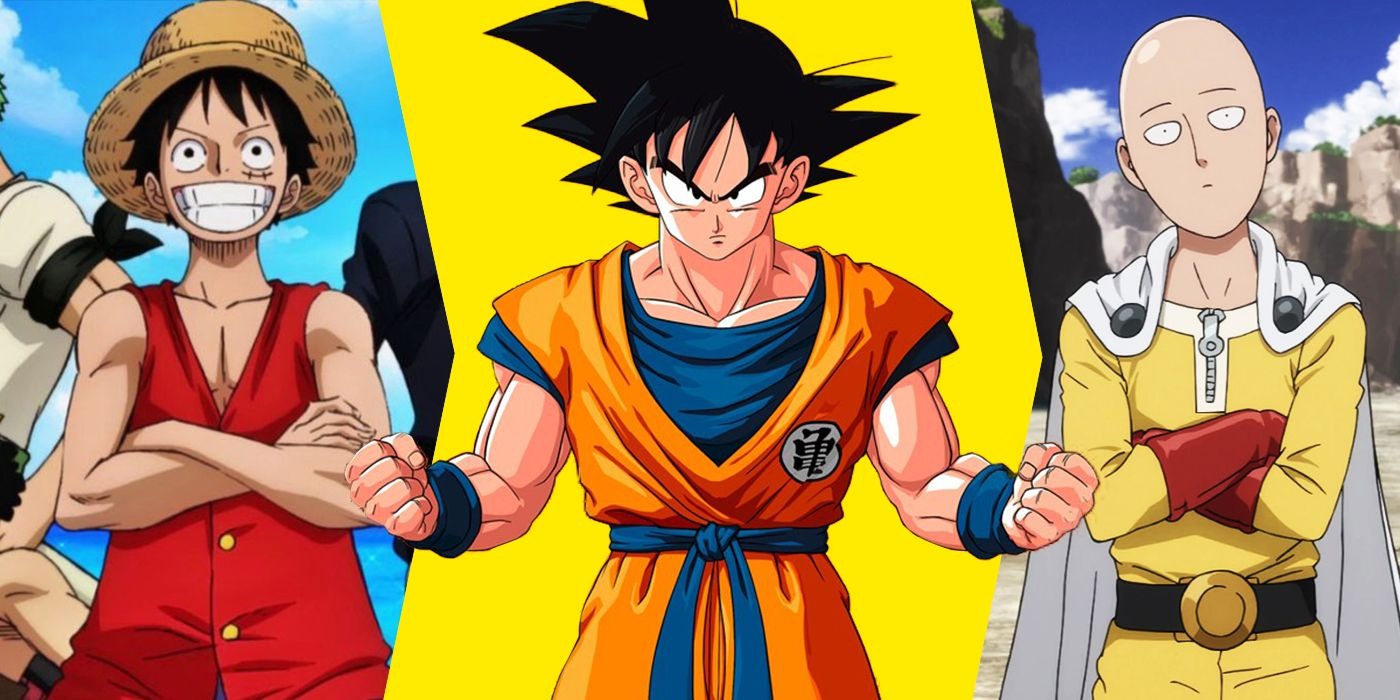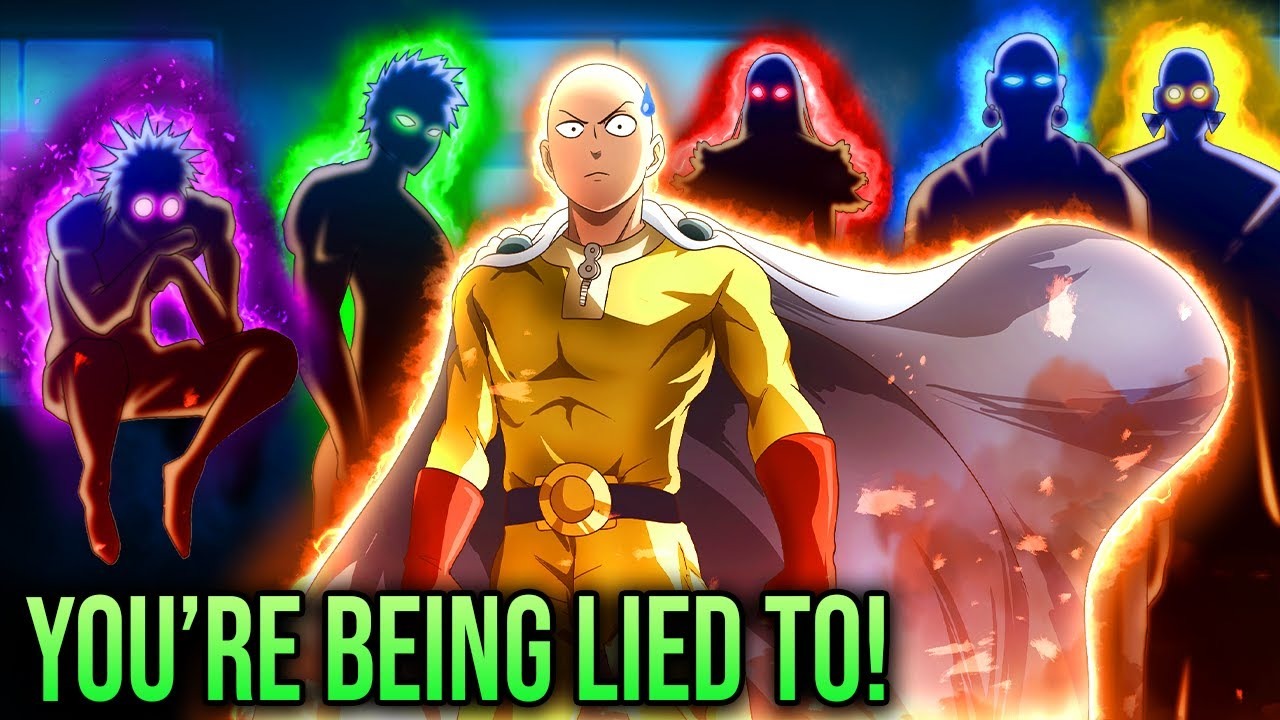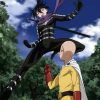My Hero Academia presents Hero Academia as the leading institution for training and mentoring aspiring heroes. This prestigious school instills values such as integrity, loyalty, teamwork, and cooperation in its students.
The institution’s core mission is to train and produce as many heroes as possible to combat crime and make society a safer place. Upon completing their studies, graduates are awarded licenses that officially allow them to fight crime and serve the public.

To ensure proper regulation between heroes and civilians, the Hero Public Safety Commission (HPSC) was established. This commission oversees the recruitment and deployment of heroes while managing an examination board to assess aspiring heroes.
Additionally, it is responsible for issuing practice licenses bi-annually, granting heroes the opportunity to earn professional hero status. However, despite its authority, the HPSC has had its fair share of failures, with several lapses in judgment that have had serious consequences.
7. Covering Up for Corrupt Heroes
One of the major flaws of the Hero Public Safety Commission was how it often turned a blind eye when heroes committed crimes or killed villains. Instead of holding them accountable, the commission would cover up such incidents to preserve their public image.
This lack of scrutiny meant that the golden rule, which emphasized that heroes must only use their quirks for good, was never properly enforced. There were instances where corrupt heroes were enlisted to carry out assassinations.
At a time when hero misconduct was on the rise, the commission began hiring other heroes to do their dirty work, ensuring that well-known heroes remained untarnished in the public eye.
Many of these so-called heroes were not driven by a genuine desire to protect society but rather by the fame and recognition that came with being a pro-hero.
6. Failing to Properly Screen Heroes
The process used by the Hero Public Safety Commission to select and approve candidates for hero licenses was deeply flawed. Due to a lack of thorough background checks, individuals with questionable intentions and unstable personalities managed to slip through and become licensed heroes.
Instead of prioritizing the quality of the heroes they recruited, the commission focused more on increasing the numbers. They failed to conduct in-depth investigations into the personal histories, psychological stability, and integrity of applicants.
This allowed people who posed potential threats to society to operate under the guise of being heroes, leading to several regrettable incidents.
5. Placing Excessive Pressure on Heroes
Heroes were subjected to intense pressure, largely due to the expectations the Hero Public Safety Commission placed on them. The commission fostered a hero culture that glorified self-sacrifice and demanded that heroes push themselves beyond reasonable limits, often at the expense of their well-being.
Many heroes found themselves overworked, forced to constantly respond to emergencies with little or no time to rest. This continuous strain reduced their effectiveness, leading to burnout and, in some cases, severe physical injuries.
By pushing heroes to their limits without considering the consequences, the commission created an unsustainable system that harmed those it relied on the most.
4. Ignoring Heroes’ Mental Health
The Hero Public Safety Commission repeatedly failed to acknowledge the importance of mental health among heroes. Despite being exposed to traumatic events and high-stress situations, heroes were rarely given the psychological support they needed.
Many struggled with mental health issues, including post-traumatic stress disorder, which often affected their ability to perform their duties efficiently.
The commission failed to put systems in place to ensure that heroes received proper mental health care, showing that they were more concerned with what the heroes could do for them rather than the well-being of these individuals.
3. Going Against Their Own Rules
Although vigilantism was officially outlawed, the Hero Public Safety Commission often contradicted its policies by secretly hiring vigilantes to carry out covert operations.
These underhanded tactics forced heroes to compromise their principles, as they were sometimes required to engage in morally questionable activities for the commission’s benefit.
A clear example of this was Lady Nagant, who was coerced into executing corrupt heroes and villains on behalf of the commission. This continuous manipulation eventually broke her spirit, pushing her towards villainy and leading to her eventual alliance with All For One.
2. Exploiting Heroes for Their Gain
From a young age, Hawks was deceived into believing he owed his life to the Hero Public Safety Commission. They groomed him to obey their every command, ensuring that he remained loyal to their agenda. When tasked with infiltrating the League of Villains, he was pressured into eliminating Twice, an act that forced him to betray his moral code.

The commission treated heroes as disposable tools, training them solely to execute their objectives without regard for their values. When some heroes eventually refused to comply, the commission responded by enlisting professional heroes to suppress those who rebelled.
1. Practicing Discrimination Among Heroes
Heroes were subjected to discrimination based on the nature of their quirks, a flaw deeply embedded in the Hero Public Safety Commission’s operations. Throughout his time at U.A. High School, Bakugo was known for his aggressive and domineering personality, yet he was treated as superior simply because of the sheer power of his quirk.
Endeavor, the top-ranking hero, was another glaring example of this bias. Despite being a known abuser who subjected his wife and children to emotional and physical distress, he was still held in high regard by the commission.
His obsession with creating the perfect heir to surpass All Might leads him to force his wife into a marriage of convenience. Yet, despite his dark past, the Hero Public Safety Commission continued to endorse and raise his status, showing a clear preference for power over morality.


